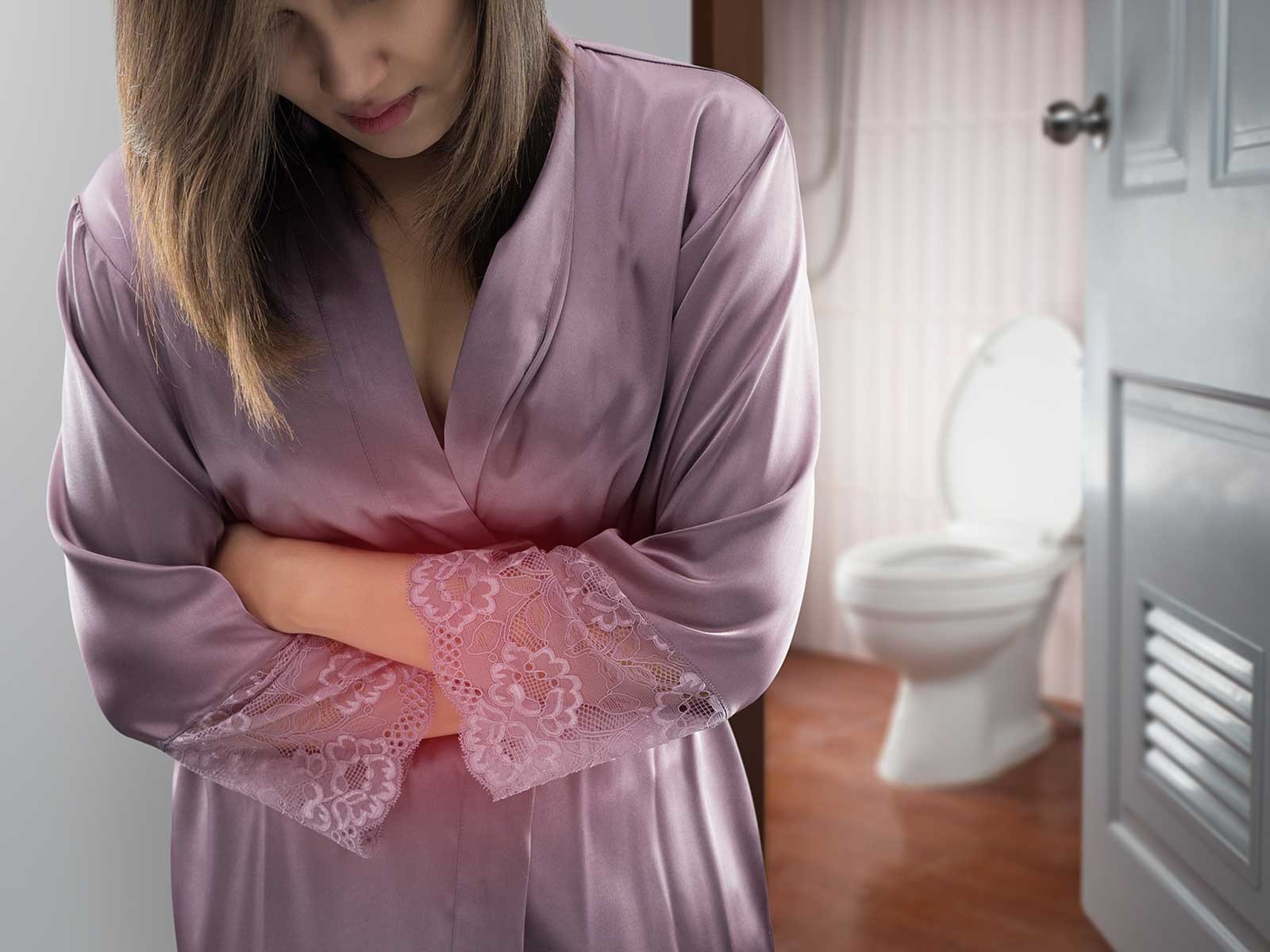
The fecal impaction is a condition that develops when the colon or Rectum has dry, hard stool which has accumulated to a level of doing away with the flow of waste. This is in contrast to constipation being of routine occurrence, but sometimes medical treatment is necessary to extract the obstruction and avoid major complications.
Stool is trapped and may have one or the following symptoms:
Fecal impaction may be caused by a number of factors:
There is no need to wait in case you are blocked or uneasy. Get in touch with GastroDoxs in Houston and make a visit. Our highly qualified staff is on board to offer quick remedy and lead you into improved digestive skills.
We've successfully treated more than 1.5K patients, helping individuals improve their digestive health and overall well-being through expert, personalized care.
With over 20 years of experience, GastroDoxs has been a trusted provider of gastroenterology care, focusing on delivering the best outcomes for patients
Constipation is a tricky term, which means that the stool is rarely moved or soothed until dietary or over-the-counter drugs are taken. Fecal impaction refers to the extreme jamming of hardened stool in either the rectum or the lower colon, that mostly needs medical skills between the feces and its discharge.
Fecal impaction is co-coded as 56.41 (ICD-10).
Symptoms manifest as early as seen as the rectal pressure or fullness, acute stomach cramps or pain, and leaking of some liquid stool by the abdomen.
Yes. A fecal impaction can be proven by an abdominal x-ray that depicts dense stool in the colon or rectum.
Constipation that is mild in nature can be solved by increased fluid intake, more nodules and mild laxatives. Genuine fecal impactions usually have to be medically removed by a professional either via hand removal or through enemas.
At a higher risk are the elderly, those who take medications to regulate the level of opioids or anticholinergics, patients with neurological conditions to regulate bowel and those with low mobility.
This fact proves to be quite beneficial because some patients usually get relief immediately after being treated whereas others may require several days or even weeks to readjust their diets, hydrate and follow up treatment to have a complete recovery.
Yes. Gastroenterologists are expected to know how to do manual disimpaction distresslessly as well as to place a suppository or an enema to clear the clog in the office.
Management of this long-term may consist of a high-fiber diet, an adequate daily fluid intake, physical activity, routinely scheduled bowel movements, and frequent medical visits to inhibit new onset.
In case of intense pain in the abdomen, nausea, vomiting, or home medicine has not decreased the symptoms in 48 hours, you should consult a gastroenterologist.